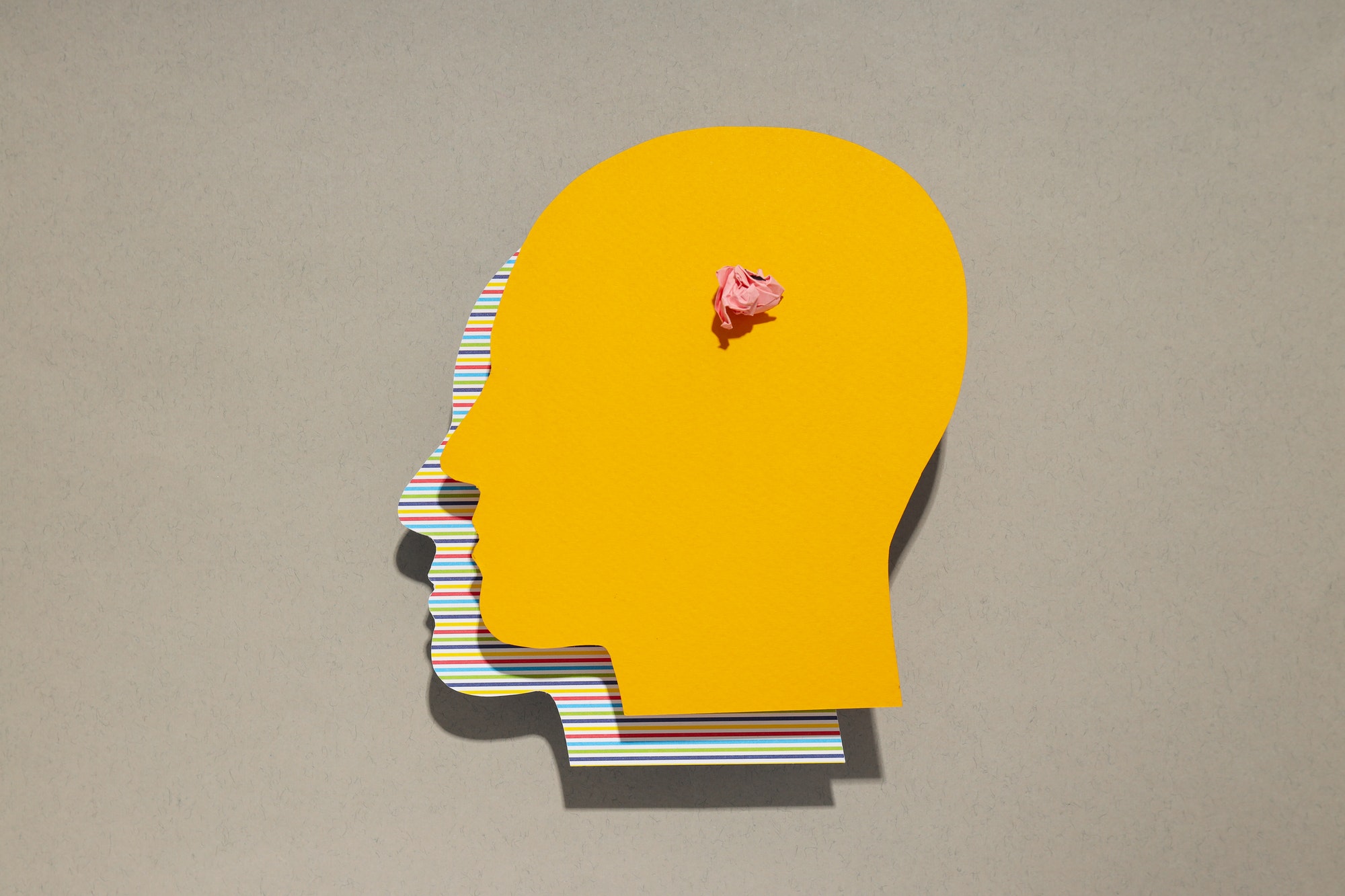The feeling and experience of burnout stem from chronic stress in the workplace. Such can lead to negative attitudes towards work and lower performance, among other things. This is how World Health Organization (WHO) defines burnout.
Chronic stress and tension symptoms do not lead to overwork and – the subsequent phase – burnout for all individuals. Most people pick up the thread themselves. They engage in sports, go on a trip, or talk to their supervisor about their workload. Over time, burnout symptoms disappear. A full-blown burnout is a serious mental disorder, which often occurs together with anxiety or depression.” Burnout and depression are, therefore, sometimes confused.
You have little energy. You see the world as just gloomy, with negative feelings. Both people with depression and burnout experience this. That is why it is sometimes misdiagnosed. But they are indeed different things, explains burnout coach Marcel Rijntjes.
Differences between Burnout and Depression.
The most significant difference between the two is that work-related problems often cause burnout. For example, if there is a work conflict and if that is the cause of the complaints, you quickly think of burnout. With depression, someone’s life can sometimes run very smoothly, but a negative feeling still has a negative effect. Both people with depression and burnout experience this feeling.
Someone with burnout has an overloaded stress system. The person would like to do a lot but does not have the energy for it. When there is little prospect of improvement in the situation, this can lead to depressed feelings.
However, there are also other reasons why people can end up with burnout. Think of helping careers, including homecare facilitators or people with too much hay on their plate. Due to complaints related to overload and stress, people can no longer perform their daily activities properly. If those complaints linger for months and there is an exhausted and tired feeling, then there is burnout.
Those who have burnout and try to fight that depressed feeling and notice that it doesn’t work often feel worse. The only solution is, therefore, to rest so that the stress system can recover. But doing nothing causes stress for some people. After all, you put your whole life on pause.
Depression and Burnout Overlap
The confusion between depression and burnout is partly because the symptoms of depression and burnout are not very clear, and they overlap a lot. But is this confusion a problem? Ultimately, it is about the desired result, namely that the complaints decrease.
If someone with depression or burnout symptoms visits a therapist, an attempt will be made to get someone to do activities they like again. With burnout, strategies focus on the workplace. With depression, strategies focus more on activities at home, such as taking a walk.














